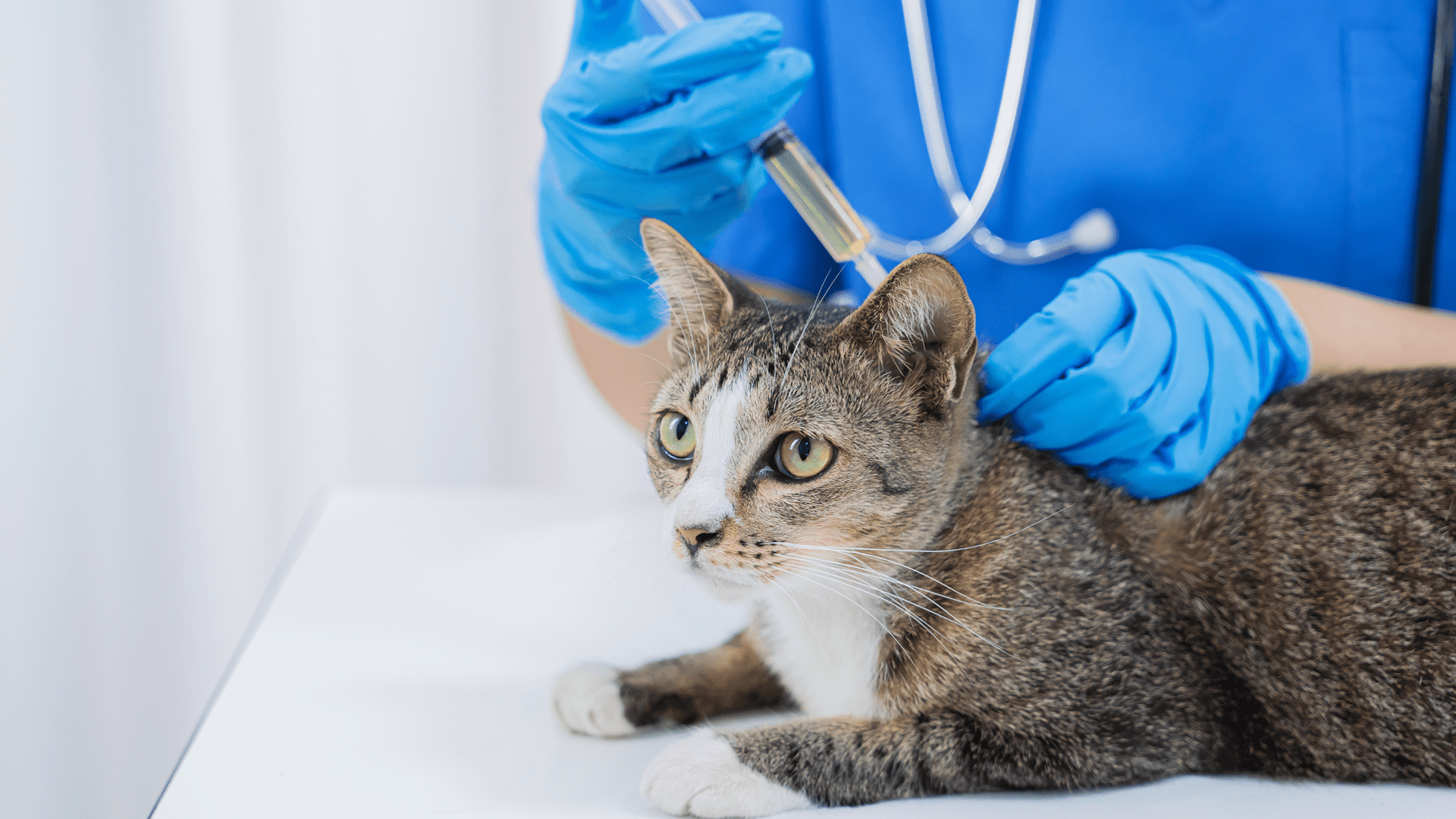In the world of feline care, maintaining a healthy appetite is crucial for ensuring the well-being of our beloved pets. Yet, sometimes, our furry companions can develop a loss of appetite, leaving us worried and seeking answers. Enter the realm of appetite stimulants – a potential solution to reignite their zest for food. In this article, we’ll explore the world of appetite stimulants for cats, unraveling their nature and shedding light on their mechanisms of action. Join us on a quest to understand these appetite-boosting marvels and empower cat owners with the knowledge to support their feline friends’ nutritional needs.
– Understanding Appetite Stimulants for Cats: A Comprehensive Overview
Understanding Appetite Stimulants: A Closer Look
Appetite stimulants are medications commonly used to increase a cat’s appetite. They work by targeting specific areas of the brain involved in regulating hunger, enhancing the animal’s desire to eat. These drugs come in various forms, including oral medications, injections, and transdermal gels. Appetite stimulants are often prescribed when cats experience decreased appetite due to medical conditions such as kidney disease, cancer, or infections. Though, they can also be beneficial for cats facing age-related loss of appetite or cats who have difficulty maintaining a healthy weight. Understanding how these medications work is crucial for pet owners, veterinarians, and anyone involved in feline care.
- The Mechanism Behind Appetite Stimulants: How They Work
The Mechanism Behind Appetite Stimulants: How They Work
Appetite stimulants work by stimulating the hypothalamus, a small region in the brain that controls hunger and satiety. This stimulation can cause an increase in appetite and a desire to eat. Appetite stimulants can also alter the metabolism and absorption of nutrients, leading to an increase in weight gain. Additionally, they can work by blocking the hormones that signal satiety, thus increasing the desire to eat. By targeting these pathways, appetite stimulants can effectively increase the desire to eat, even in cats who have previously shown signs of anorexia.
– Selecting the Right Appetite Stimulant: Tailoring to Your Cats Needs
Selecting the Right Appetite Stimulant: Tailoring to Your Cat’s Needs
When selecting an appetite stimulant for your cat, it is crucial to consider their specific needs and preferences. Consult with your veterinarian to determine the underlying cause of the decreased appetite and rule out any medical conditions. Here are some key factors to consider:
- Age: Kittens and senior cats may require different types of appetite stimulants due to their changing nutritional needs.
– Health Conditions: Certain health conditions,such as kidney disease or diabetes,can impact a cat’s appetite.
– Medications: Some medications, such as corticosteroids, can cause decreased appetite.
– environmental Factors: Stress, anxiety, or changes in the cat’s surroundings can also affect their appetite.
Once you have identified your cat’s specific needs, you can select an appetite stimulant that best addresses those needs.
– Tips for Administering Appetite stimulants: Ensuring Optimal Effectiveness
Tips for Administering Appetite Stimulants: Ensuring Optimal Effectiveness
To ensure that appetite stimulants effectively improve your cat’s appetite, follow these tips:
- Follow dosage and governance instructions: Administer the stimulant exactly as prescribed by your veterinarian.
- Monitor appetite: Observe your cat’s appetite after starting the stimulant. Adjustments in dosage or administration schedule might potentially be necessary if appetite does not improve sufficiently.
- Appetite stimulant options: Appetite stimulants come in various forms, such as oral liquids, tablets, and transdermal gels. Choose the form most suitable for your cat’s needs and preference.
- Encourage palatable food: Offer your cat its favorite foods or warming the food can enhance its appeal and stimulation of appetite.
- Avoid feeding large meals: Break down daily food into smaller, frequent meals to prevent stomach upset and promote appetite.
- Use a feeding stimulant: Incorporate a small amount of feeding stimulant, such as tuna juice or chicken broth, into the food to increase its attractiveness.
- Consider other underlying issues: If your cat’s reluctance to eat persists despite appetite stimulants, consult your veterinarian to rule out any underlying medical conditions.
Concluding Remarks
And there you have it, a comprehensive exploration into the realm of appetite stimulants for cats. These fascinating drugs have the power to reignite a feline’s zest for food, and understanding their mechanisms of action can be invaluable in addressing feline appetite issues. As always,it’s crucial to consult with your veterinarian before administering any appetite stimulant to your cat,as their professional guidance will ensure a safe and effective approach to maintaining your beloved companion’s health and well-being.


Leave a Reply